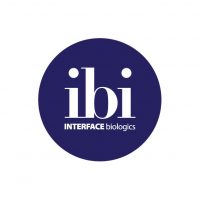
Following a successful pre-IND meeting with FDA, closely-held Interface Biologics (IBI) is preparing to initiate a Phase 2 trial with its dexamethasone intravitreal implantin patients with diabetic macular edema.
The FDA concurred with IBI’s manufacturing and clinical development plans based on the positive preclinical testing presented in the pre-INDsubmission.
In addition, the FDA determined that the 505(b)(2) pathway is an acceptable regulatory route for future approval of the company’s IBE-814 IVT Implant, a sustained release, low dose dexamethasone intravitreal implant that IBI is developing for the treatment of inflammatory eye diseases.
The IBE-814 IVT Implant is based on IBI’s Epidel drug delivery technology designed to overcome limitations of current intravitreal therapies. The implant releases a low, consistent and efficacious dose of dexamethasone for delivery through a 30-gauge needle over a period of six months. IBE-814 has been developed to be fully biodegradable within the vitreous without residual remnants or inflammatory degradation products.
In a statement, Frank Shannon, VP of clinical research and regulatory/quality affairs, said the outcome of the FDA meeting “validates our strategy to quickly and economically advance this novel treatment for patients with potentially blinding diseases and address a growing medical need.”
Wendy Naimark, VP of R&D, said that surface erosion-based drug release is the holy grail of local sustained drug delivery.
“With our Epidel technology, Interface Biologics has developed a truly novel surface erodible platform that enables precise control of drug release and duration,” she added.






